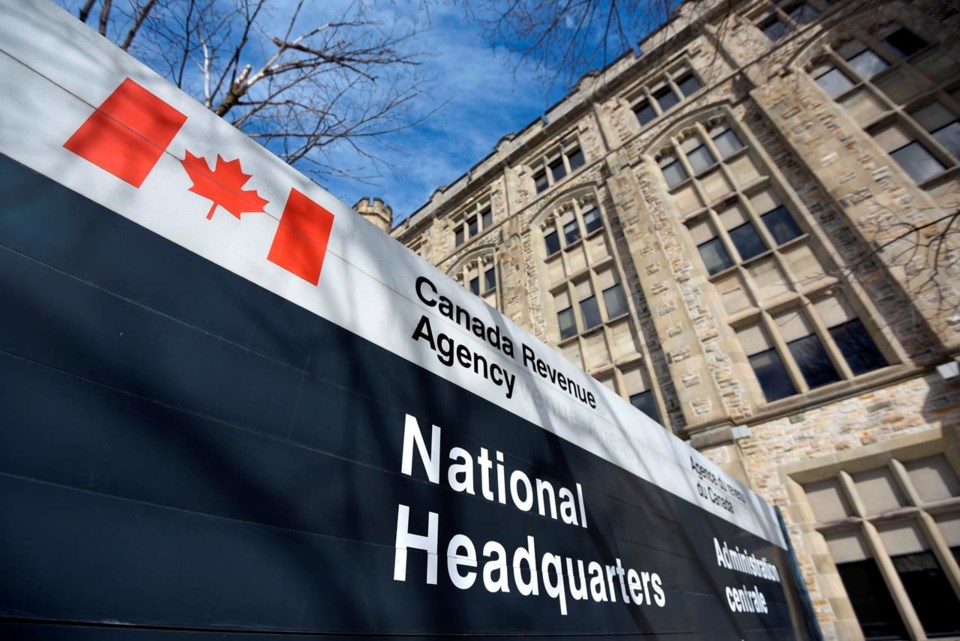OTTAWA — A digital publication is asking the Federal Court to review a decision by the Canada Revenue Agency that prevents it from accessing incentives for journalism.
The Academic Journalism Society, which runs The Conversation Canada, is seeking a judicial review of the agency's decision after an advisory board found it did not engage in the production of original news content.
In a court filing submitted last week, the publication rejects the agency's conclusion that it's not a qualified Canadian journalism organization — a designation that allows it to claim a journalism tax credit.
"We were just a bit surprised," said Scott White, The Conversation Canada's CEO and editor in chief.
"We actually thought it should have been a bit of a no-brainer."
The Academic Journalism Society said its authors conduct firsthand reporting through independent research.
The claim said The Conversation's authors are academics who collaborate with editors to provide evidence-based explanatory journalism on news and current affairs.
"The expertise of academia and journalism is combined into explanatory journalism and expert analysis," White said.
"'Knowledge mobilization' is what academics call it, to get the academic expertise out into the general public to help people have more informed opinions."
Lawyers representing the Academic Journalism Society declined to comment because the matter is before the courts.
The Canada Revenue Agency also declined to comment because the matter is before the courts, and because of confidentiality provisions within the laws it administers.
The federal government has yet to file its defence.
The Academic Journalism Society first applied for the "qualified Canadian journalism organization" designation in December 2020, but was denied in March 2022 by the Independent Advisory Board on Eligibility for Journalism Tax Measures.
As part of its findings, the board said "there was little evidence that the applicant engaged in independent journalism or that it reported on current events."
It's a claim the digital publication disagreed with, and it now wants Revenue Minister Diane Lebouthillier to quash the agency's decision.
The CRA confirmed that the applicant otherwise satisfied all other requirements for the journalism designation contained in the act, the claim said.
The applicant asked the CRA to reconsider in May and it provided more information "in support of its position it engages in the production of original news content."
The CRA concluded its position in June, while the publication seeks a review of the final decision.
This report by The Canadian Press was first published July 17, 2023.
———
The Canadian Press has a commercial arrangement with The Conversation Canada to distribute its content to its news clients.
Mickey Djuric, The Canadian Press



